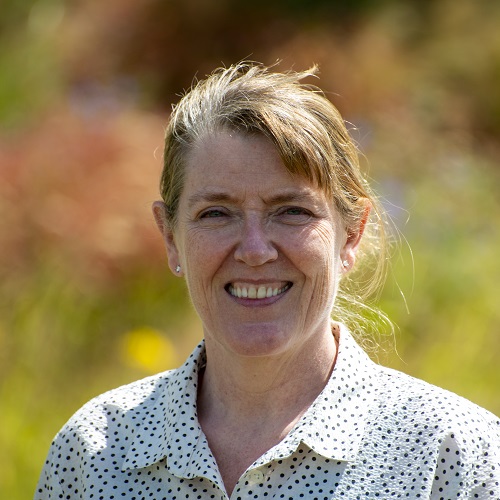On Tuesday evening, 20th August at 19.00-20.00, we will host a public lecture to be given by Dr Karen Hanghøj, Director of the British Geological Survey.

We hope to attract members of the public to the presentation, designed to showcase the important work of geoscientists and the contribution we make to Society.
Delegates and accompanying members are invited to join us for this exciting event which will also be broadcast on YouTube.
Members of the public should register here, free of charge: Everything starts with a rock: how geology and geoscientists are essential Tickets, Tue, Aug 20, 2024 at 7:00 PM | Eventbrite
Karen’s abstract is given below.
Perspectives on the Energy Transition – Everything starts with a rock
Dr Karen Hanghøj, Director, British Geological Survey
________________________________________________________________________
To reduce carbon emissions and mitigate their impact on Earth’s climate we need to transition to renewable and low-emission energy sources. Society however faces many challenges to achieve this energy transition, such as how to use natural resources responsibly and sustainably, manage environmental change and be resilient to environmental hazards. This has to be done while taking commercial and societal imperatives into account, so that public and political support for the transition can be sustained.
Emerging clean energy technologies (including those that harness the wind, sun and hydrogen) and mobility technologies (e.g. batteries for self-driving vehicles) create a strong demand for raw materials, including metals such as copper and lithium. These ‘critical’ metals are sourced from rocks and minerals but the demand for them will dramatically exceed their current global production in the next decades. The potential scarcity and critical importance of these materials might negatively impact on the energy transition, and the supply to the consumer. Sustainable and responsible sourcing of these raw materials (metals) is thus going to be important on a global level in the decades ahead.
We need to design smarter solutions for the sustainable extraction, processing, repairing and recycling of ‘critical’ metals from both primary (geological) and secondary sources. Furthermore, we must ensure that used materials and products find their way into new product lifecycles in an energetically and economically meaningful way to ensure a greener future.
Essential in finding the solutions to many of the challenges related to the energy transition involves understanding the formation and occurrence of its natural resources (i.e. geoscience). This presentation will focus on the energy transition, the strategies for achieving it and how geoscience can help deliver it, specifically in the context of metals and minerals.
